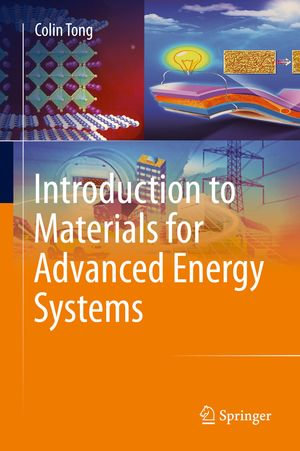
eTEXT
At a Glance
eText
$209.00
or
Instant online reading in your Booktopia eTextbook Library *
Read online on
Desktop
Tablet
Mobile
Not downloadable to your eReader or an app
Why choose an eTextbook?
Instant Access *
Purchase and read your book immediately
Read Aloud
Listen and follow along as Bookshelf reads to you
Study Tools
Built-in study tools like highlights and more
* eTextbooks are not downloadable to your eReader or an app and can be accessed via web browsers only. You must be connected to the internet and have no technical issues with your device or browser that could prevent the eTextbook from operating.
ISBN: 9783319980027
ISBN-10: 3319980025
Published: 12th December 2018
Format: ePUB
Language: English
Publisher: Springer Nature
You Can Find This eBook In
This product is categorised by
- Non-FictionSciencePhysicsThermodynamics & Heat
- Non-FictionEngineering & TechnologyMechanical Engineering & MaterialsMaterials ScienceEngineering Thermodynamics
- Non-FictionEngineering & TechnologyMechanical Engineering & MaterialsMechanical EngineeringTribology including Friction & Lubrication
- Non-FictionEngineering & TechnologyEnergy Technology & EngineeringElectrical Engineering
- Non-FictionEngineering & TechnologyEnergy Technology & EngineeringAlternative & Renewable Energy Sources & Technology
- Non-FictionEngineering & TechnologyBiochemical Engineering























